Owning fish may appear peaceful, but beneath the calm exterior, there’s often a hidden world of suffering. Could you be unintentionally adding to your pet’s distress?
1. Financial Drain
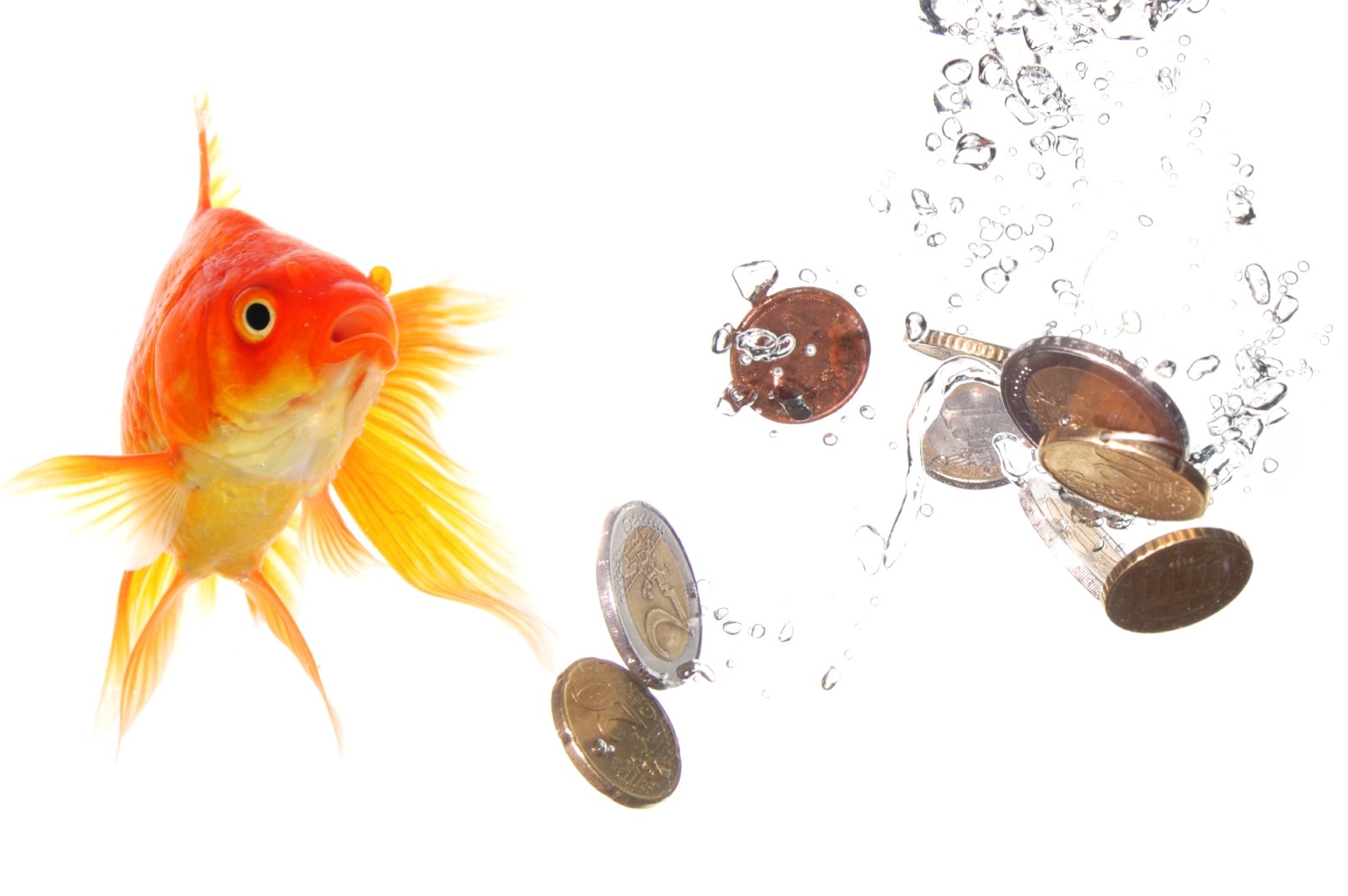
Keeping fish isn’t just about a tank and water. Filters, heaters, food, and frequent water changes add up faster than a goldfish’s appetite. According to PETA, the initial setup costs can range from £100 to £500, with ongoing maintenance costs adding significantly over time.
2. Limited Space
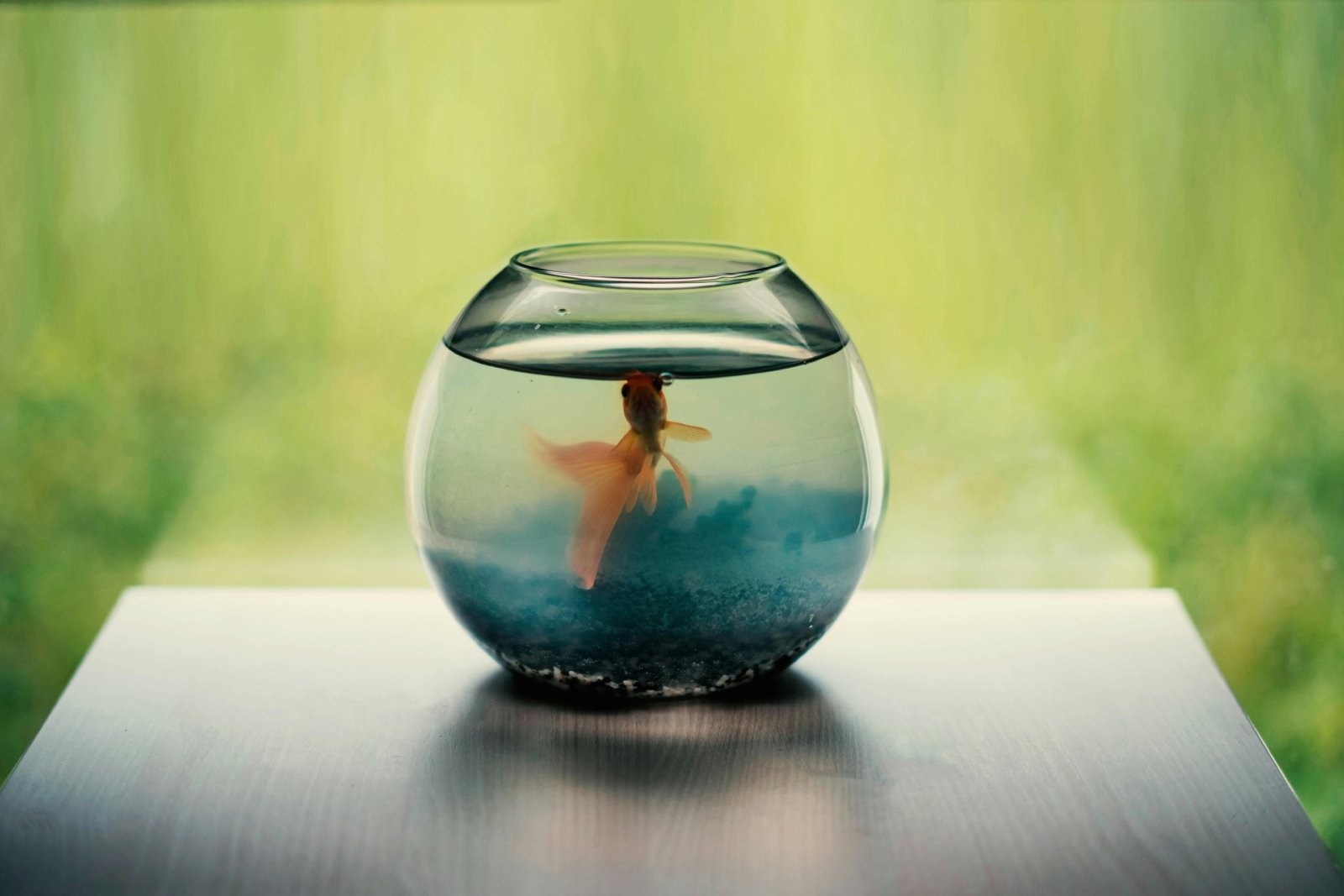
Fish, confined to a small tank, miss out on the vast, open waters they’d enjoy in the wild. Research shows that cramped conditions in tanks lead to stress and stunted growth, affecting their overall well-being.
3. Water Quality Woes
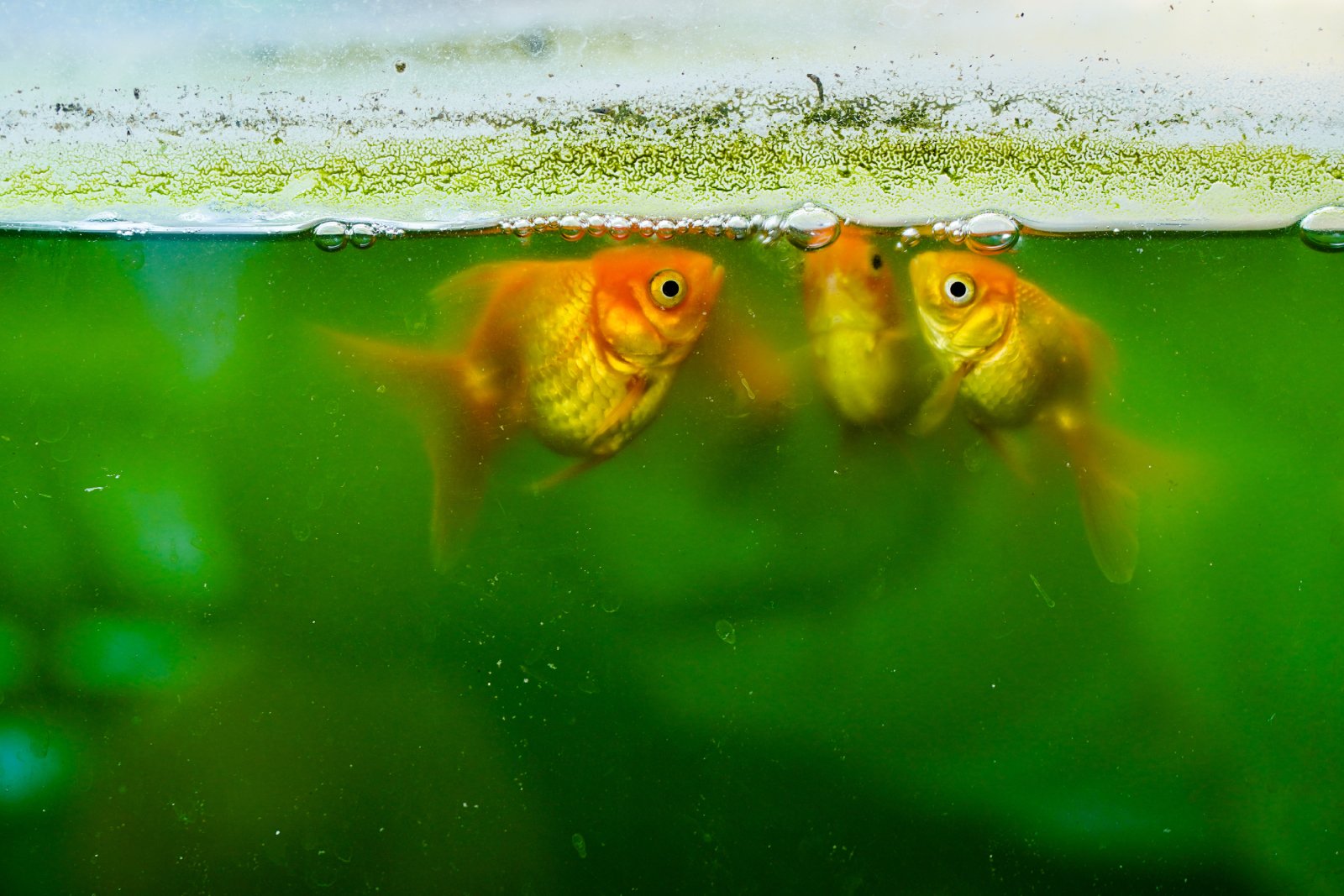
Despite your best efforts, maintaining optimal water conditions is tricky. Ammonia spikes and pH imbalances can lead to painful deaths for your fish. According to PETA, poor water quality is one of the leading causes of illness and mortality among captive fish.
4. Stressful Transport

From breeder to pet shop to your home, fish endure constant movement and handling. PETA highlights that the transport process for aquarium fish is stressful and often involves long journeys in cramped conditions.
5. Compatibility Issues
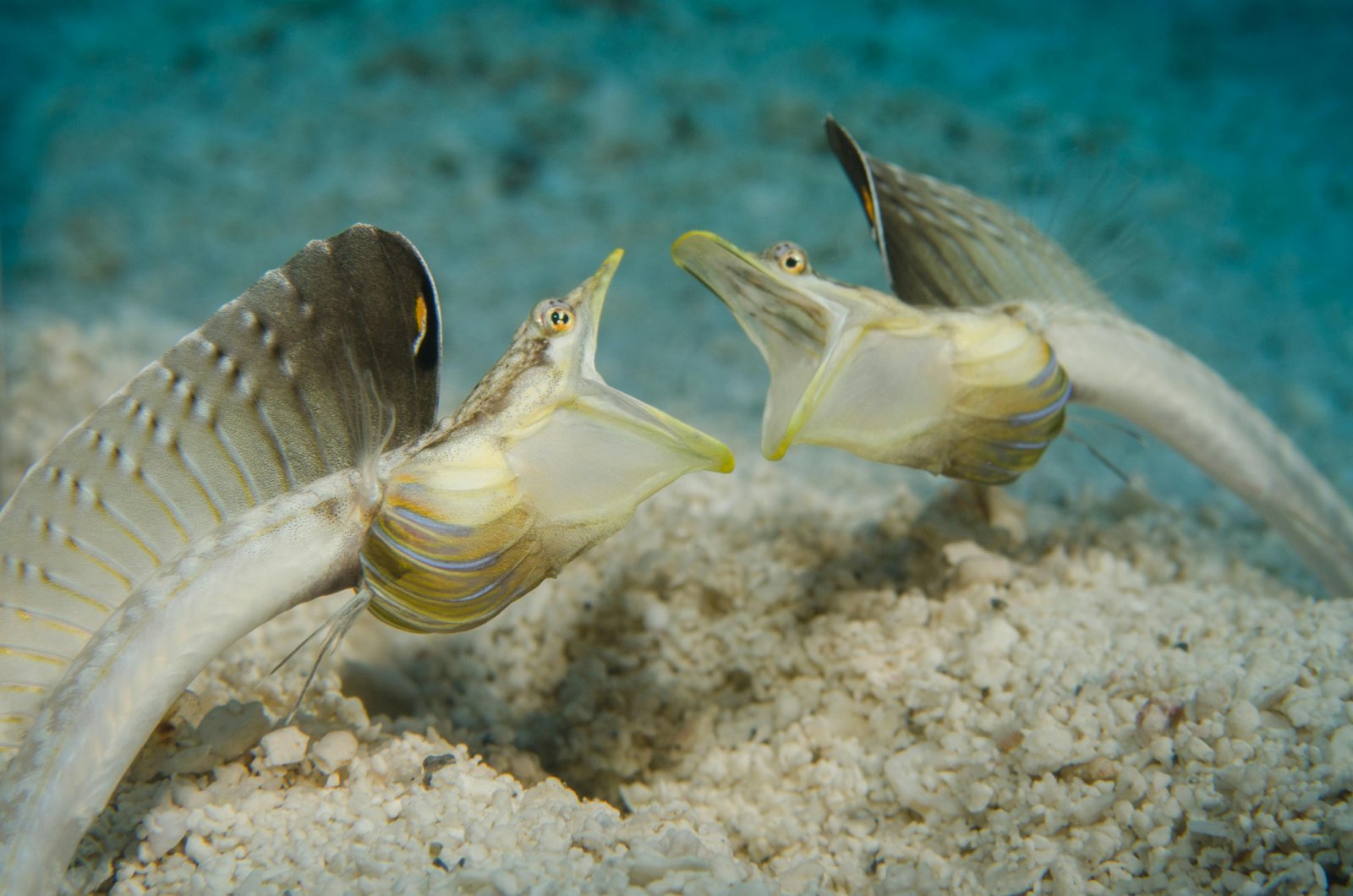
Not all fish get along swimmingly. Aggression and territorial disputes in a cramped tank can turn your aquatic haven into a battleground. Proper research into fish species’ compatibility is crucial to avoid conflicts.
6. Unsuitable Decor
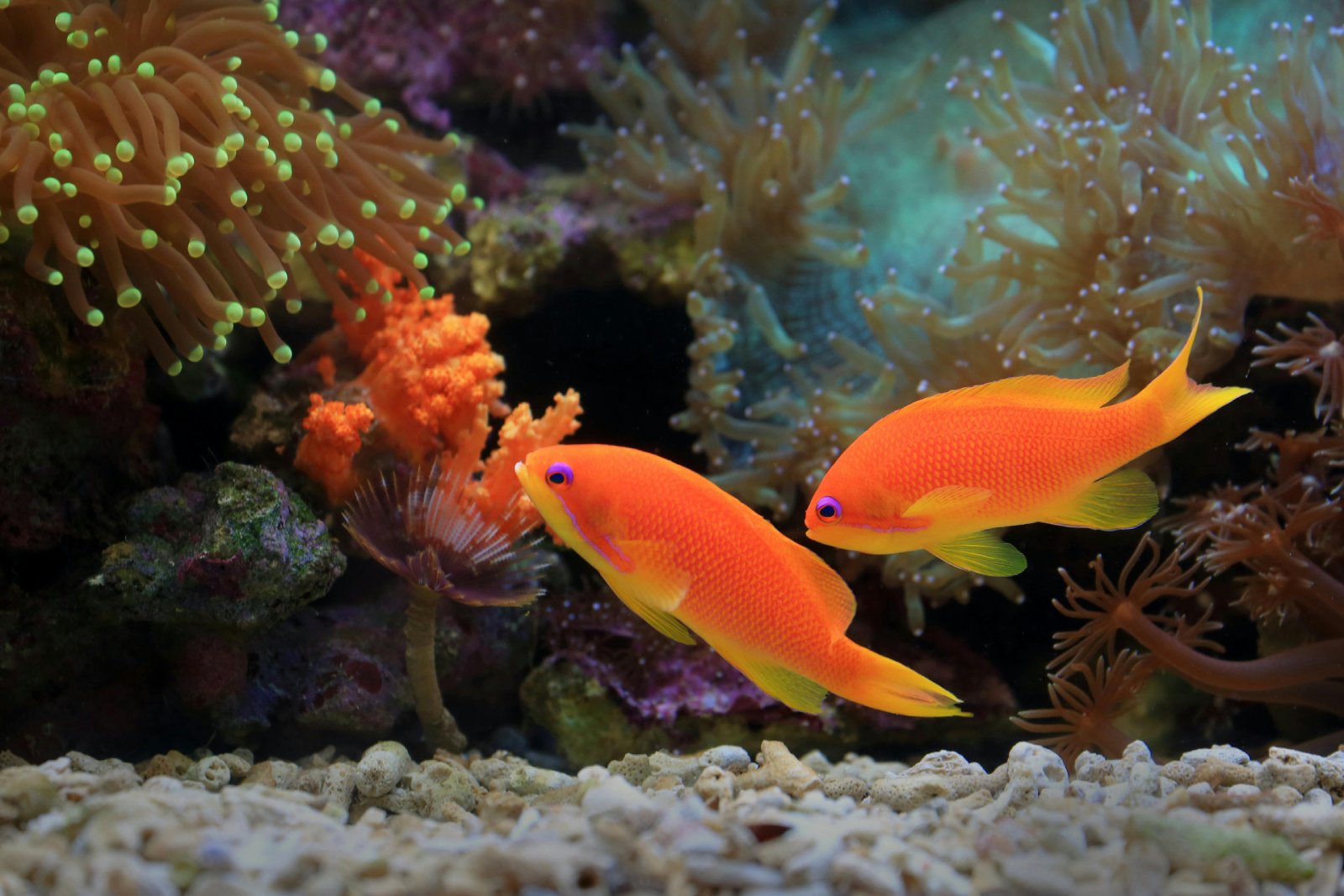
That cute castle might look adorable to you, but for fish, it’s often a source of stress. Sharp edges and cramped spaces can lead to injuries and infections, as pointed out by animal welfare organisations like PETA.
7. Disease Hotspot
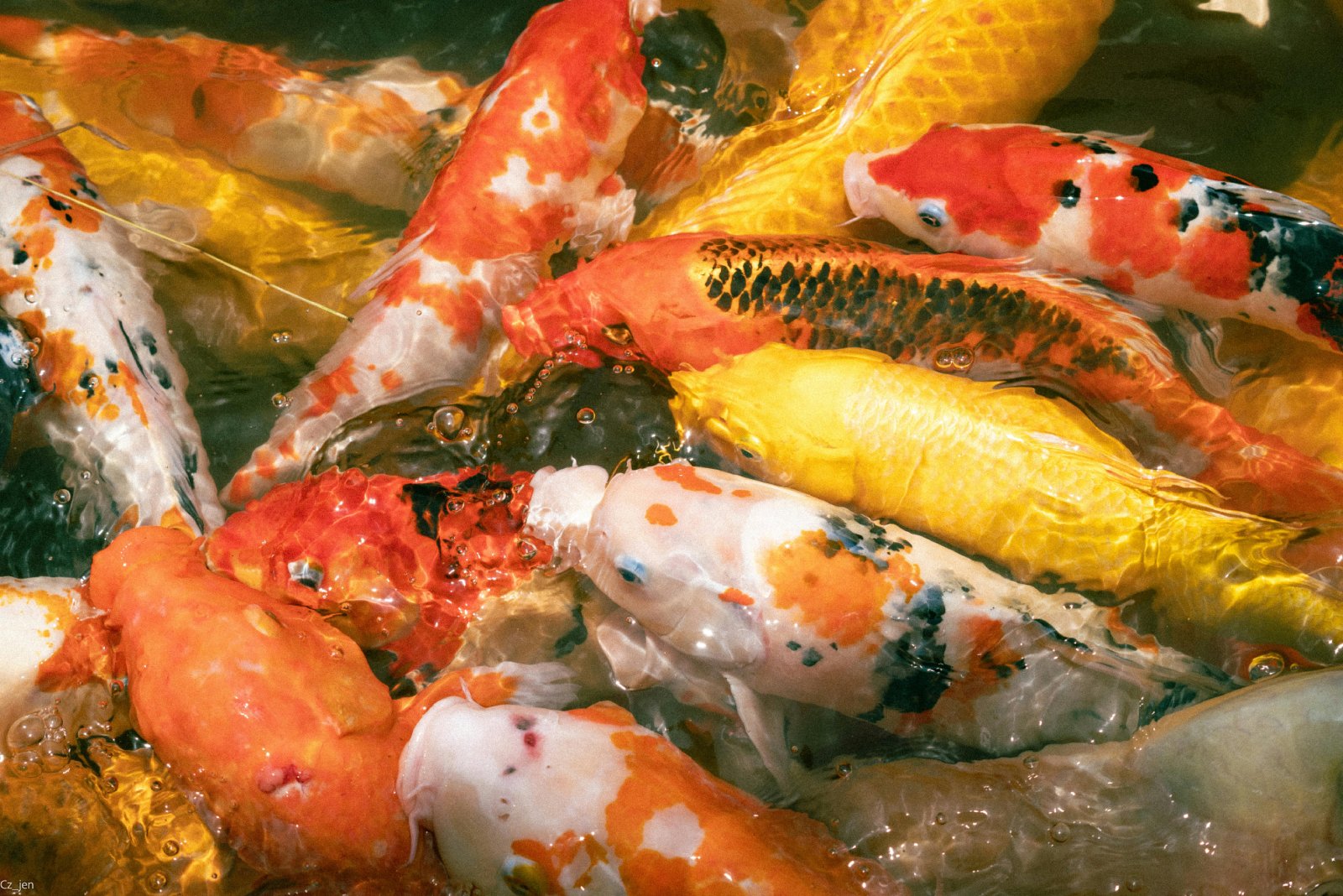
Crowded tanks are breeding grounds for diseases like fin rot and ich. Treatments can be costly and stressful for your fish – and your wallet. According to PETA, diseases spread rapidly in aquarium environments due to poor water quality and stress.
8. Environmental Impact

The aquarium trade contributes to overfishing and habitat destruction. Every colorful specimen on display could mean a reef in decline somewhere far away. Research by environmental groups highlights the impact of the pet trade on global marine ecosystems.
9. Loneliness
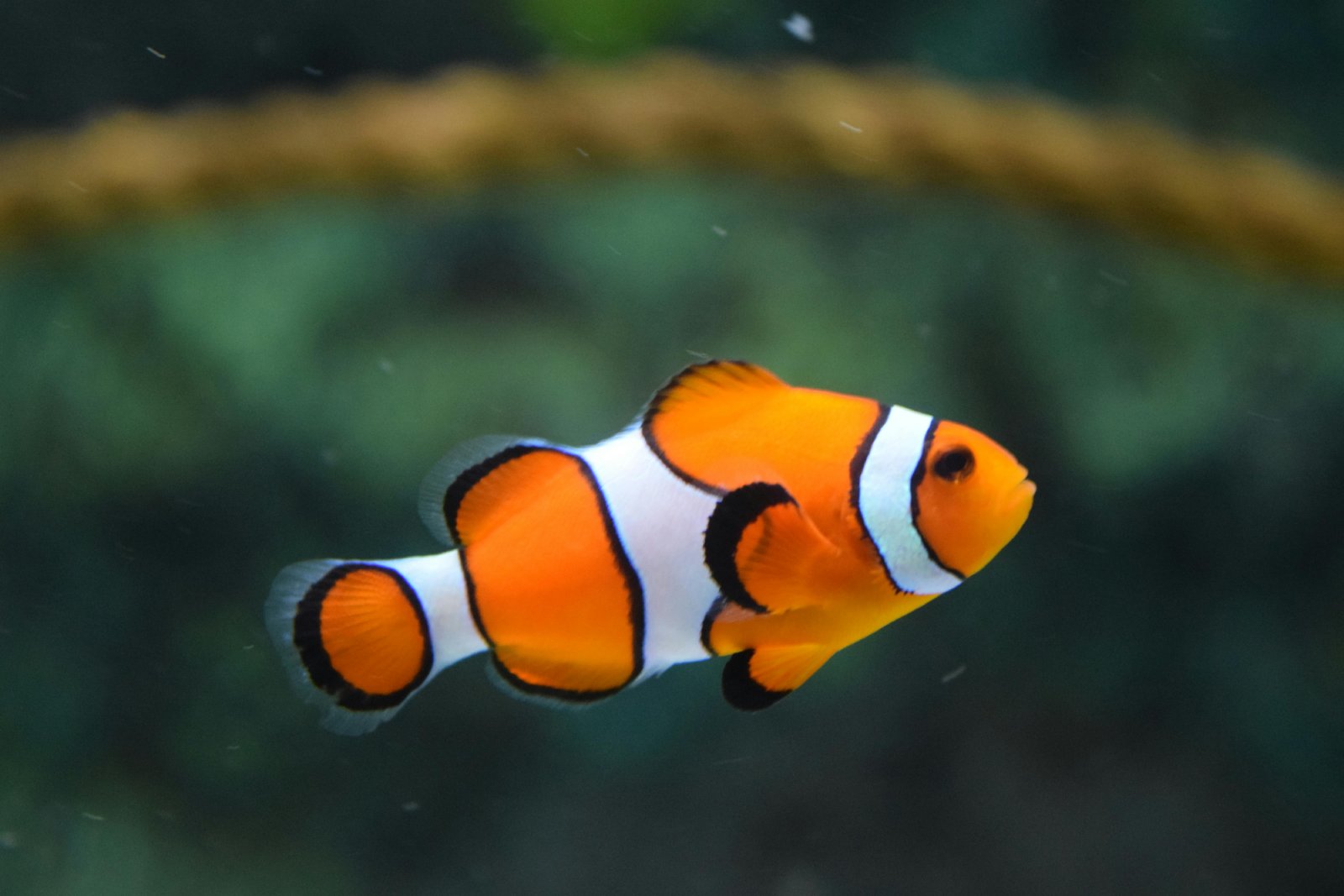
Fish are social creatures that thrive in groups. Being alone in a tank can lead to boredom and depression, much like solitary confinement for humans. Studies indicate that social isolation negatively impacts fish health and behavior.
10. Limited Lifespan
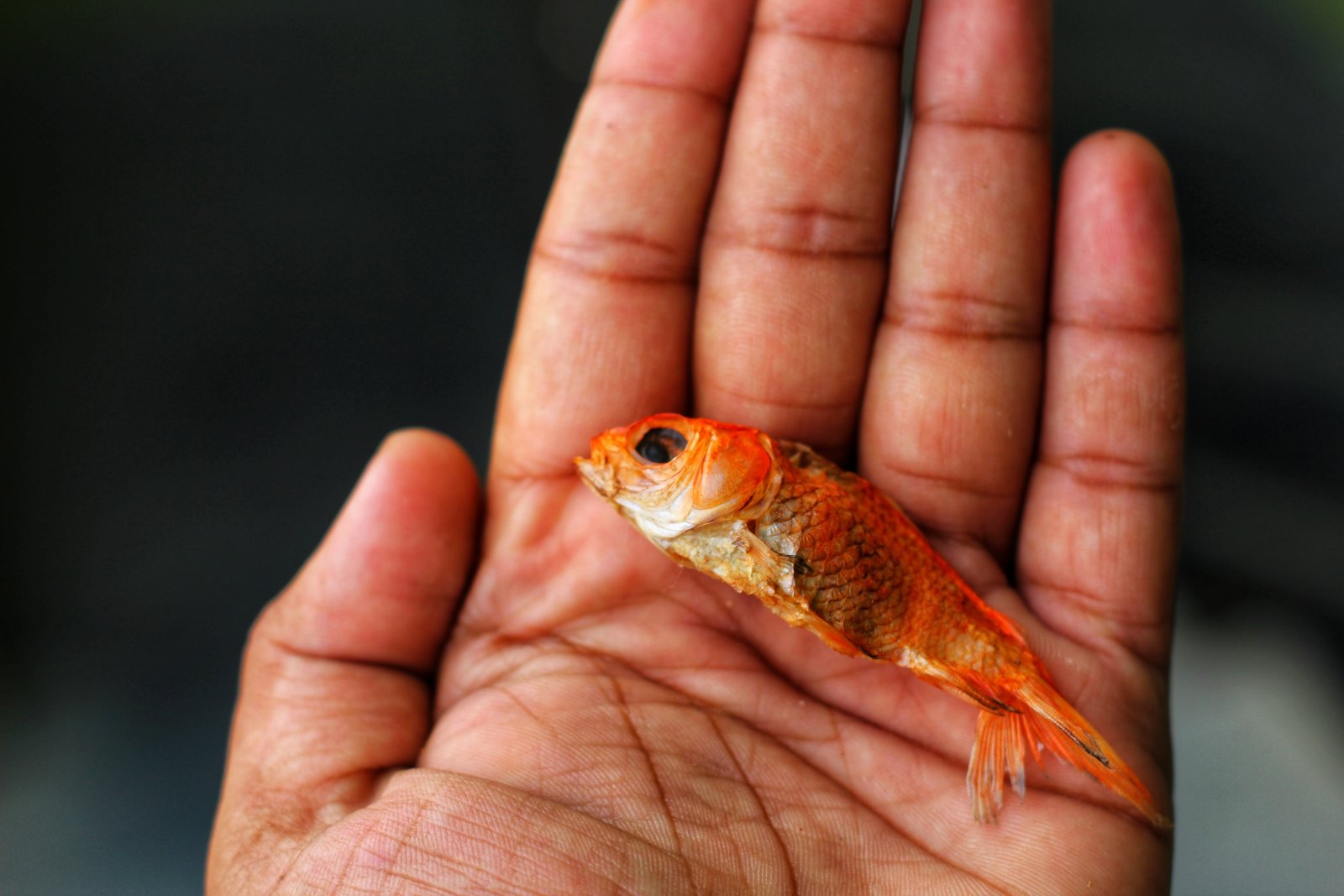
Many fish species have long lifespans in the wild but are lucky to survive a few years in captivity. Research shows that the average lifespan of aquarium fish is significantly shorter compared to their wild counterparts.
11. Emotional Neglect

Do you interact with your fish daily? Probably not. They’re often forgotten, unseen, and unloved, leading to emotional neglect that’s anything but humane. Studies suggest that fish are capable of forming social bonds and deserve regular interaction.
12. Temperature Troubles

A sudden temperature change can be fatal for fish. Research indicates that temperature fluctuations in aquariums can stress fish and compromise their immune systems, making them susceptible to diseases.
13. Food Woes

Overfeeding or underfeeding is a common mistake. Either way, it’s a recipe for health problems and a shortened life for your aquatic friends. Proper feeding practices are essential for maintaining fish health and longevity.
14. Lack of Veterinary Care

Few vets specialize in fish care. When illness strikes, finding help can be like searching for a mermaid in the Sahara. The scarcity of veterinary resources for fish highlights the challenges in providing adequate healthcare.
15. Algae Invasion
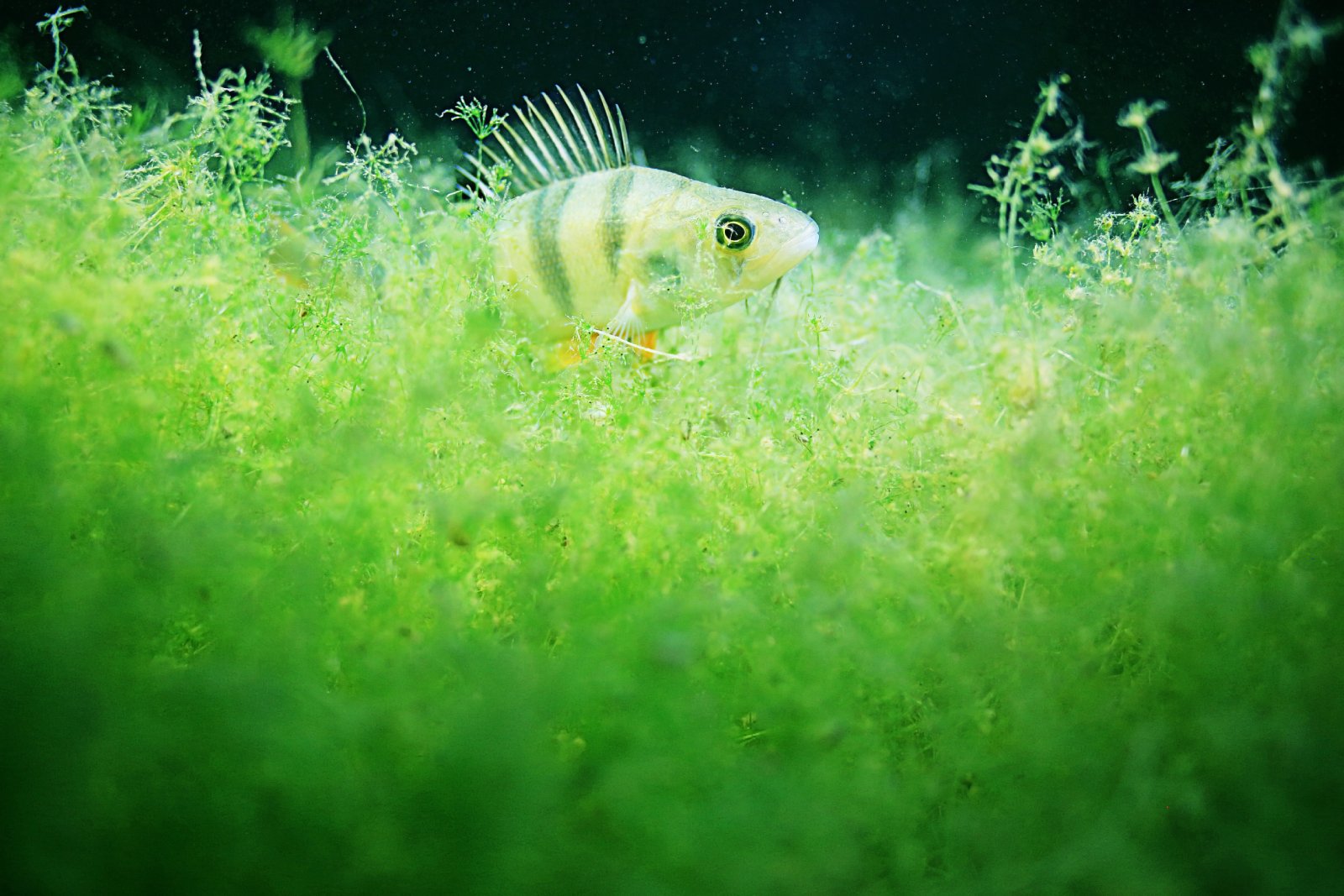
No matter how hard you scrub, algae always finds a way. It’s a constant battle that turns your serene aquarium into a green nightmare. Algae growth is a common issue in aquariums, requiring regular maintenance to prevent.
16. Ethical Quandaries
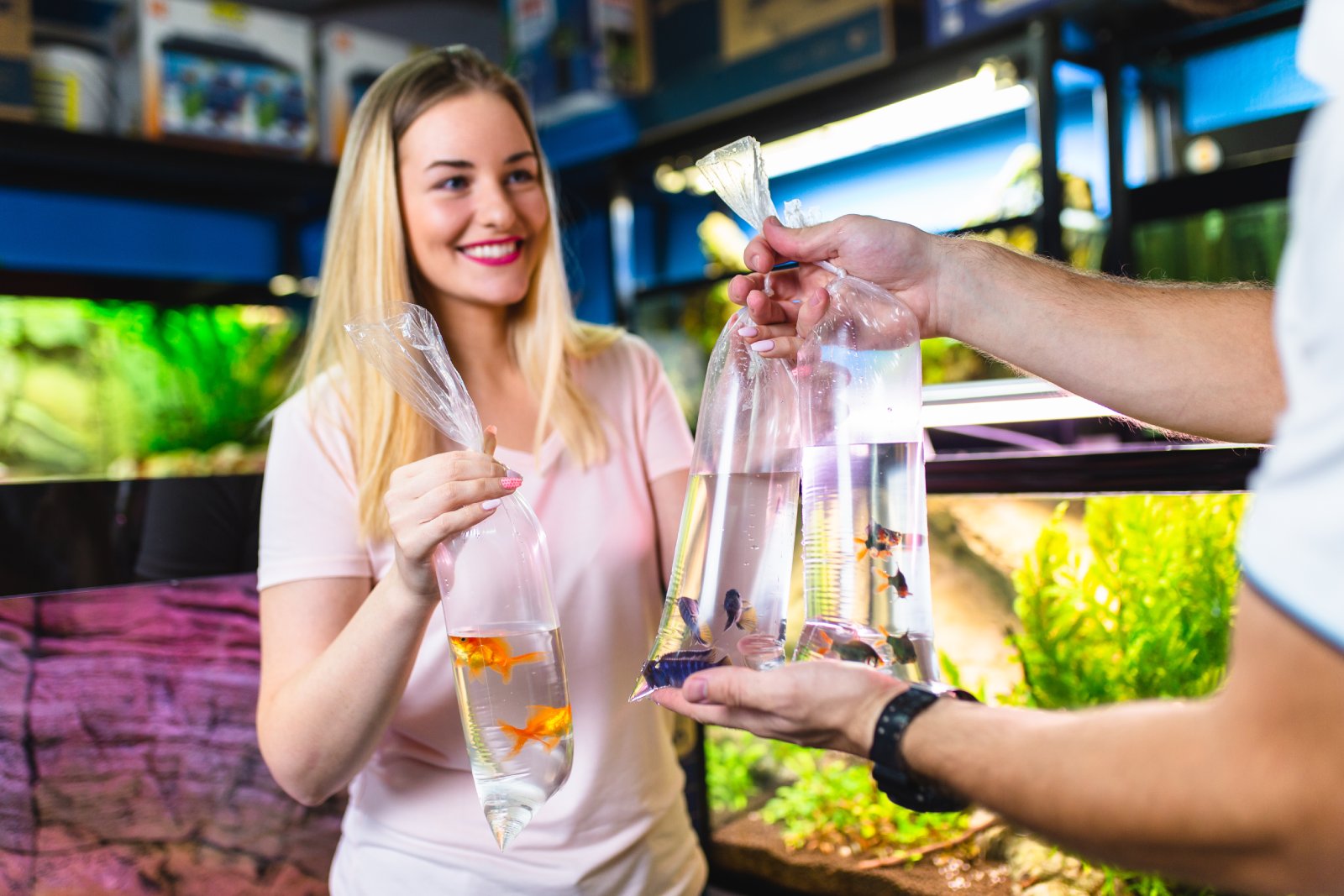
Supporting the pet trade raises ethical questions about animal welfare. Are you really providing a good life for your fish, or just contributing to their exploitation? Ethical considerations in the aquarium trade are increasingly discussed in animal welfare discourse.
17. Noise Pollution
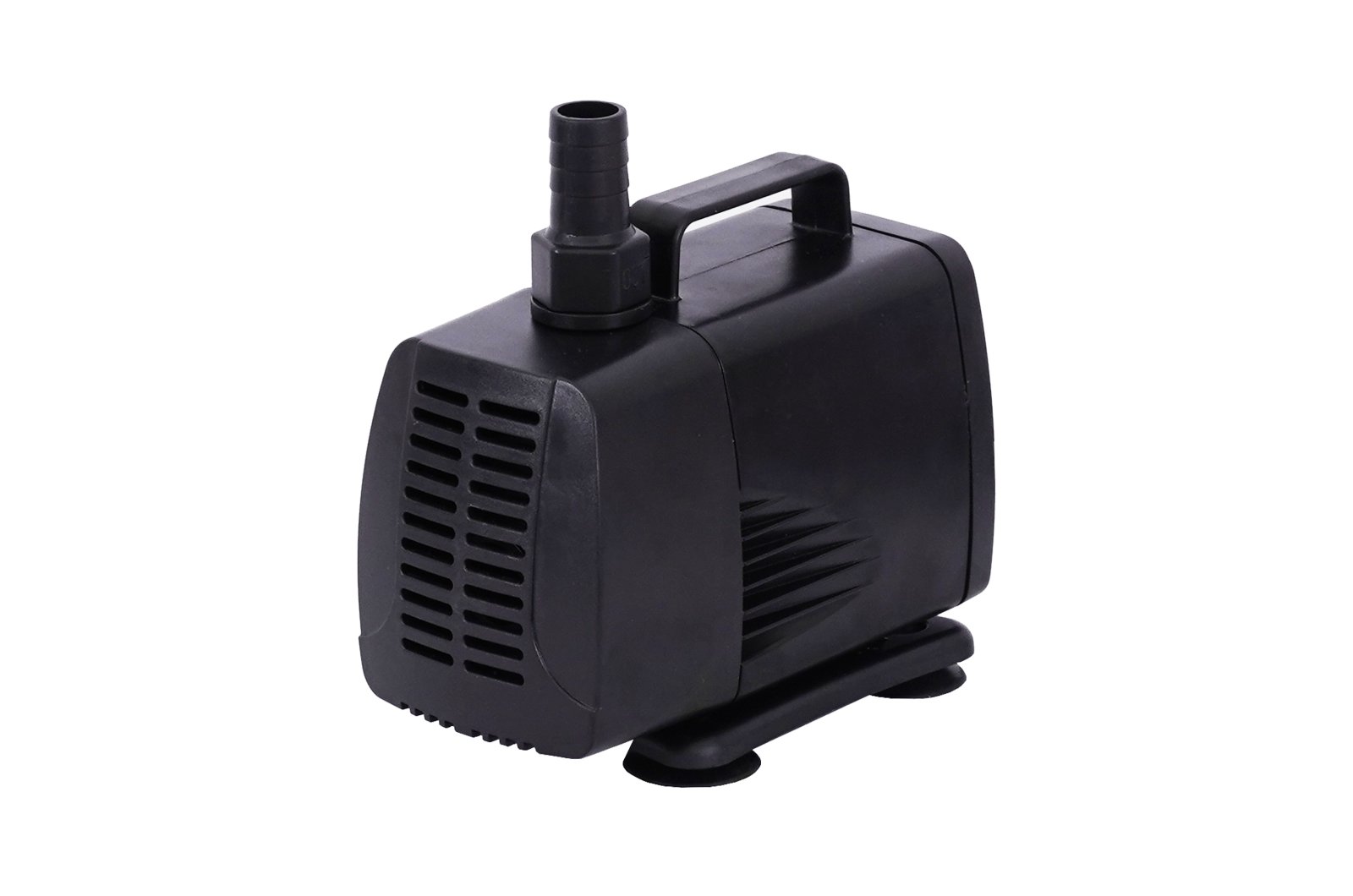
Filters and pumps can be noisy, disrupting the peaceful environment your fish desperately need. Research suggests that noise pollution in aquariums can stress fish and affect their behaviour and health.
18. Aesthetic Obligation

Do you keep fish for your enjoyment or theirs? It’s time to rethink if your aquarium is truly a haven or just an ornament in your living room. Considering fish welfare rather than purely aesthetic reasons is crucial in responsible pet ownership.
A Glass Prison
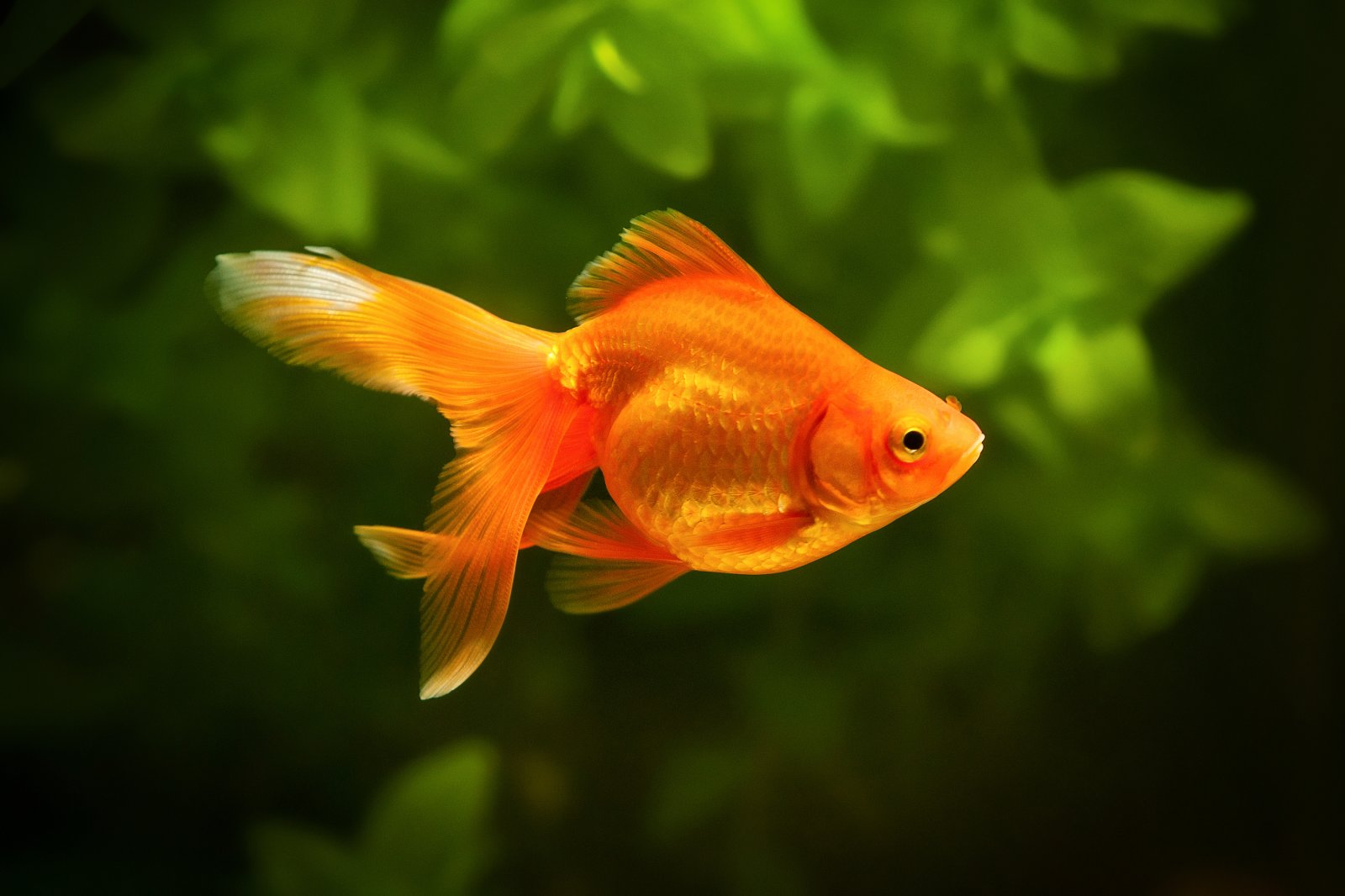
Consider ditching the tank and opting for more humane ways to enjoy marine life. Your fish deserve more than a life sentence in a glass box.
Featured Image Credit: Shutterstock / David Touchtone.
For transparency, this content was partly developed with AI assistance and carefully curated by an experienced editor to be informative and ensure accuracy.

